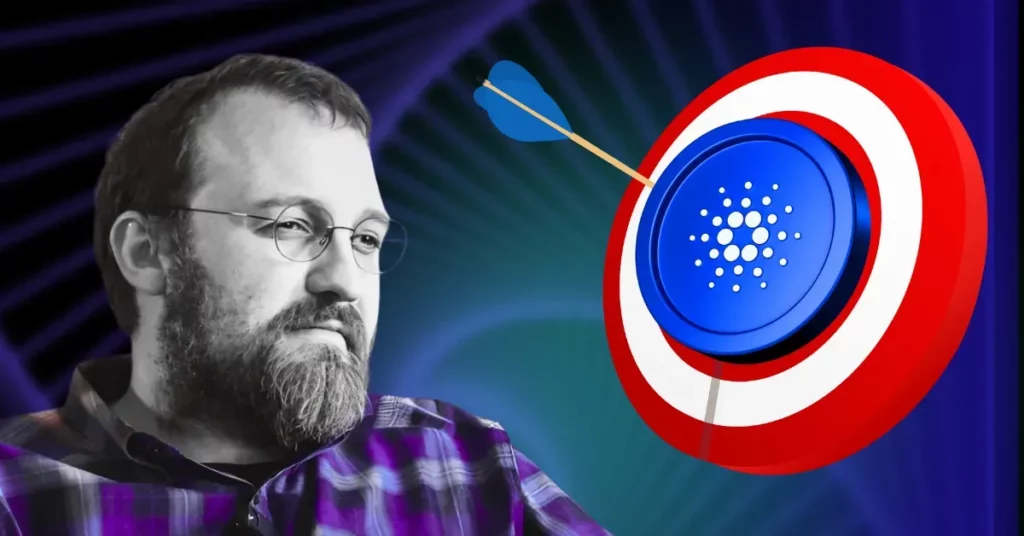
Charles Hoskinson Slams Scam Allegations: Stop Blaming Others for Your Mistakes
Charles Hoskinson, the founder of Cardano (ADA), has taken to social media to address a recent scam accusation directed at him and his company. In a strongly worded response, Hoskinson emphasized that scammers are exploiting trust in the crypto space by impersonating individuals, including himself.
Hoskinson’s comments come after an email was sent to him by Robin Engraf, accusing an alleged Input Output employee of misappropriating funds disguised as a trade withdrawal. The Cardano founder took the opportunity to highlight a decade-long issue of impersonation scams that has plagued the crypto world.
In his response, Hoskinson lashed out at victims who fall prey to these scams and then proceed to blame others for their carelessness and stupidity. “Does anyone want to tell Robin that he got scammed by someone over the internet and now he’s blaming a multi-billion dollar company for his mistakes?” he asked.
Hoskinson emphasized that, as an industry leader, he has been battling impersonation scams for nearly a decade. He revealed that tens of thousands of similar emails flood his inbox every month, all following the same script: victims are lured by promises of massive returns, send money to strangers, and then attack prominent figures like himself when the scam collapses.
The Cardano founder urged investors to take responsibility for their decisions and not blame others for their mistakes. He stated that public humiliation may be the only way to deter such baseless claims and warned that being tricked by impersonation schemes is no excuse for defamation.
Hoskinson’s comments serve as a stark reminder for crypto investors: if a deal appears too good to be true, it likely isn’t. The industry leader emphasized the importance of conducting thorough research before investing in any opportunity, rather than jumping at unrealistic promises.
In conclusion, Charles Hoskinson has called out the crypto community to stay vigilant and not blame others for their mistakes when scammed.
Source: coinpedia.org


